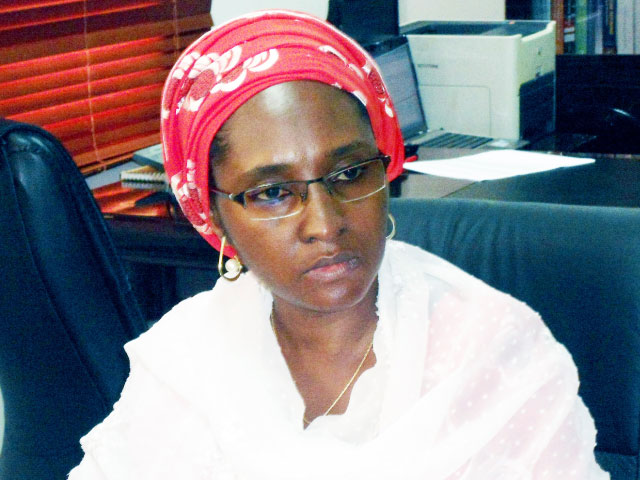Markets
Nigeria Must Apply Caution on Oil Revenue Spending, Says NEITI

- Nigeria Must Apply Caution on Oil Revenue Spending, Says NEITI
The Nigeria Extractive Industries Transparency Initiative (NEITI) has advised Nigeria to apply restraint in spending oil revenues, in view of the experience from economic recession and instability in the oil market.
The agency said the time had come for the country to embrace a robust saving culture, irrespective of whether oil prices are low or high, noting the importance of healthy savings as one of the tools for tackling resource curse.
It recommended that the federating units, especially the federal and state governments seek the speedy resolution of pending cases at the Supreme Court on the constitutionality of remittances to the Excess Crude Account, and the Nigeria Sovereign Investment Authority.
It also said there is urgent need for the government to amend Section 162 of the 1999 Constitution, drawing on the political consensus that led to the creation of the Excess Crude Account (ECA) and the Nigeria Sovereign Investment Authority (NSIA). NEITI noted that oil revenue savings in the ECA and Stabilisation Fund should be consolidated into the Nigeria Sovereign Investment Authority. “We are persuaded by the recent 9 out 10 score ranking of NSIA by the global sovereign wealth institute transparency index, the highest by an African Sovereign Wealth Fund,” it said.
NEITI Director of Communications Ogbonnaya Orji noted that the NSIA was the only one of the three funds that has recorded profit, adding that NSIA should be strengthened with appropriate guarantees on transparent and accountable governance to reassure stakeholders.
Orji, who on phone, said the time to separate government expenditure from oil revenues and pursue prudent macro-economic policies was now. He said these measures were critical success factors that would rescue the country from resource curse syndrome.
There are predictions the Nigerian oil reserves would likely dry up in the next 38 years, development economic analysts have said. If the proceeds from oil are not diversified into the non-oil sector, the country may be in for more problems
NEITI noted that resource-rich countries, including Nigeria, that depend on revenues from natural resources to finance annual budgets, plan early to insulate themselves from price volatility in the international market and eventual depletion of the resources.
He said many countries set up stabilisation funds for the rainy day and for the future of the next generation. This, he said, requires a deliberate policy by the government to set aside money earned from natural resources, especially during periods of high prices to help sustain expenditure when prices fall.
The stabilisation funds, he added, protect countries against total dependence on natural resources’ revenue and create incentives to look in wards, he restated.
Furthermore, Orji recalled that saving a portion of oil and gas revenues began in Nigeria in 1989, when the Stabilisation Fund was set up. The objective was to set aside 0.5 per cent of the Federation Account to support any state that suffers absolute decline in its revenues as a result of circumstances beyond its control.